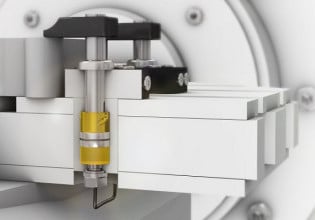S
Hello eveyone,
I want to know whether there is any difference between earthig and grounding? and What are the different types of grounding?
Thanks and have a nice day!
I want to know whether there is any difference between earthig and grounding? and What are the different types of grounding?
Thanks and have a nice day!






